14 Subtle Cat Behavior Changes That Veterinarians Always Take Seriously
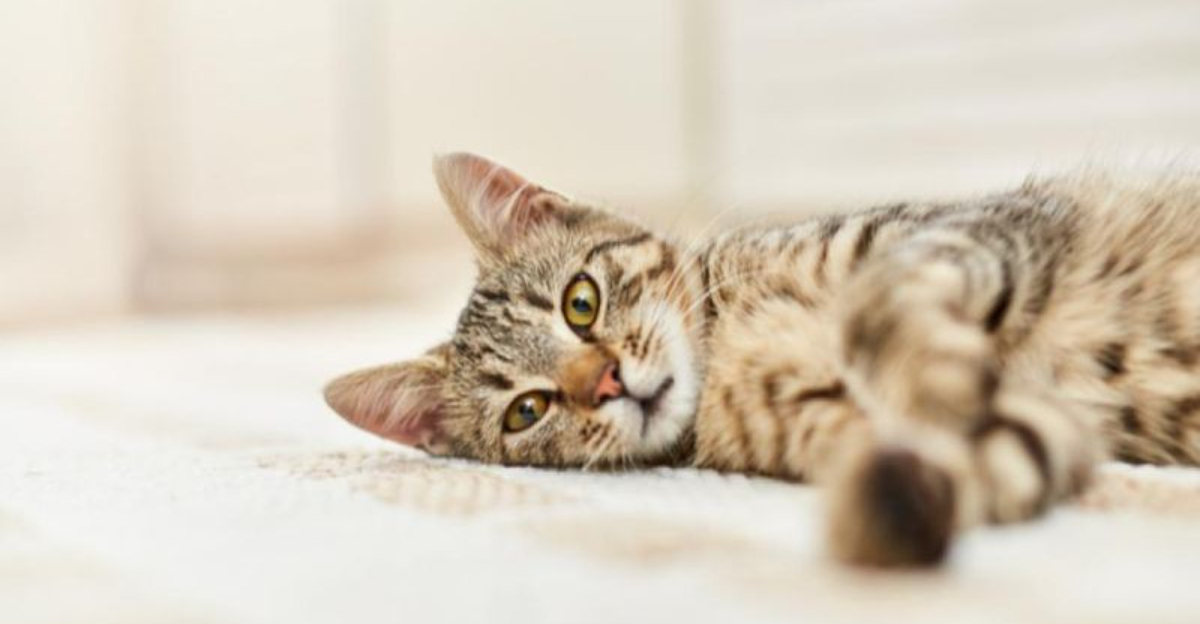
Cats are masters of disguise when it comes to hiding illness. Unlike dogs who might whine or seek extra attention when feeling unwell, our feline friends tend to mask their discomfort until they simply can’t anymore.
Learning to spot subtle changes in your cat’s behavior could mean catching health problems early, potentially saving your pet from suffering and you from heartache. Here’s what veterinarians watch for – and why you should too.
1. Sudden Aggression Or Hiding
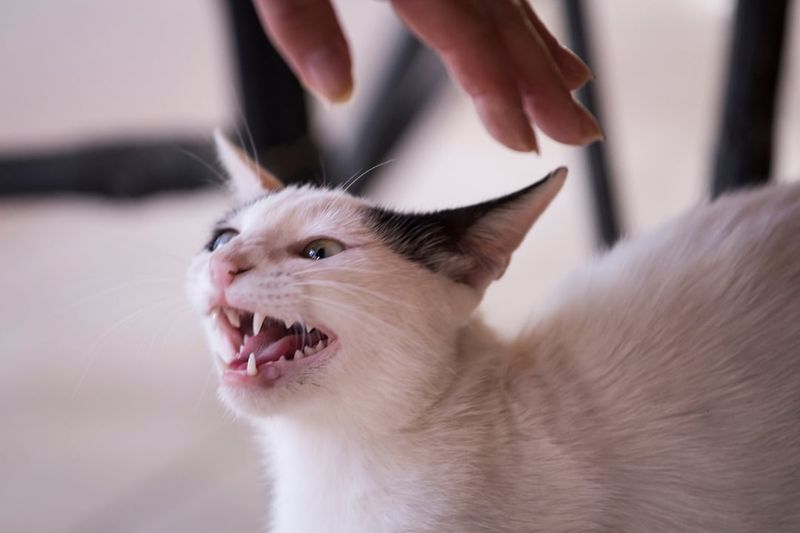
When your normally friendly feline starts swatting or hissing unexpectedly, pain is often the culprit. Cats instinctively hide weakness, so aggression becomes their defense mechanism when feeling vulnerable.
Similarly, a social butterfly suddenly vanishing under furniture for days suggests they’re hurting. This protective withdrawal helps them conserve energy and avoid showing weakness that might attract predators in the wild.
2. Litter Box Avoidance
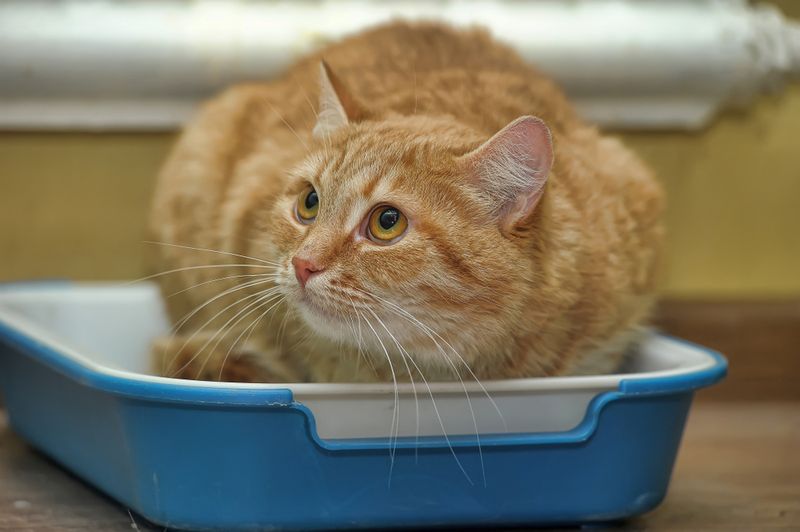
Suddenly missing the litter box isn’t your cat being spiteful. It often signals urinary tract infections, kidney disease, or arthritis making it painful to climb into the box.
Cats with diabetes may urinate more frequently or in larger amounts. If your previously perfect potty-trained kitty starts having accidents, don’t scold – schedule a vet visit right away.
3. Unexpected Thirst Increase
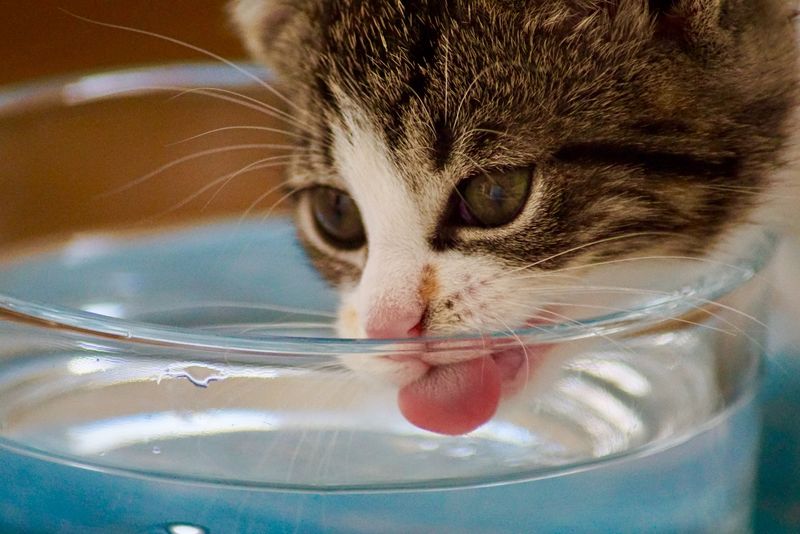
Finding your cat suddenly camped out at the water bowl raises immediate red flags for vets. This behavior shift often points to diabetes, kidney disease, or hyperthyroidism – all serious conditions requiring prompt attention.
Normal cats typically drink little water since their prey naturally contains moisture. When Fluffy starts emptying water bowls like never before, it’s nature’s alarm bell ringing.
4. Vocal Pattern Changes
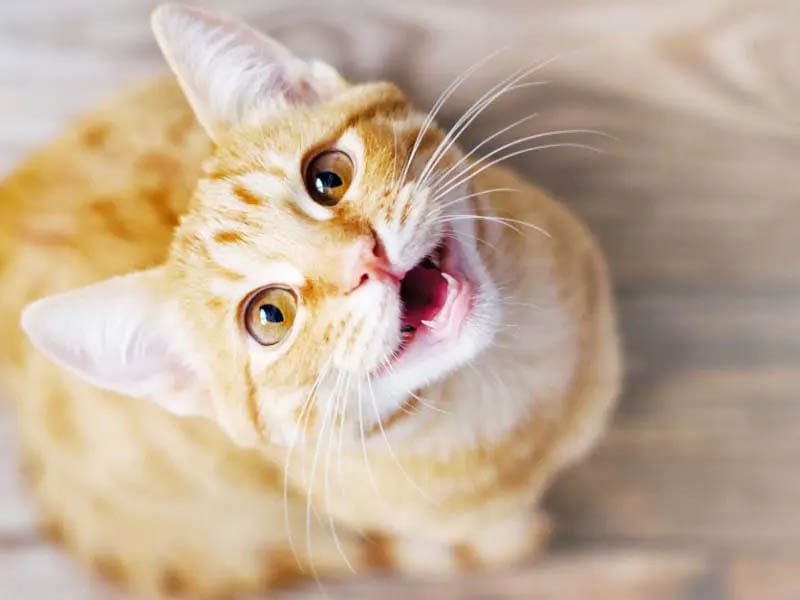
A chatty cat suddenly gone silent or a quiet kitty now howling at night signals something’s wrong. These vocal shifts might indicate pain, cognitive dysfunction in older cats, or high blood pressure.
Particularly concerning are low, guttural yowls unlike normal meows. Senior cats often become more vocal due to disorientation or sensory loss. Any dramatic change in your cat’s “conversation style” warrants investigation.
5. Changes In Grooming Habits
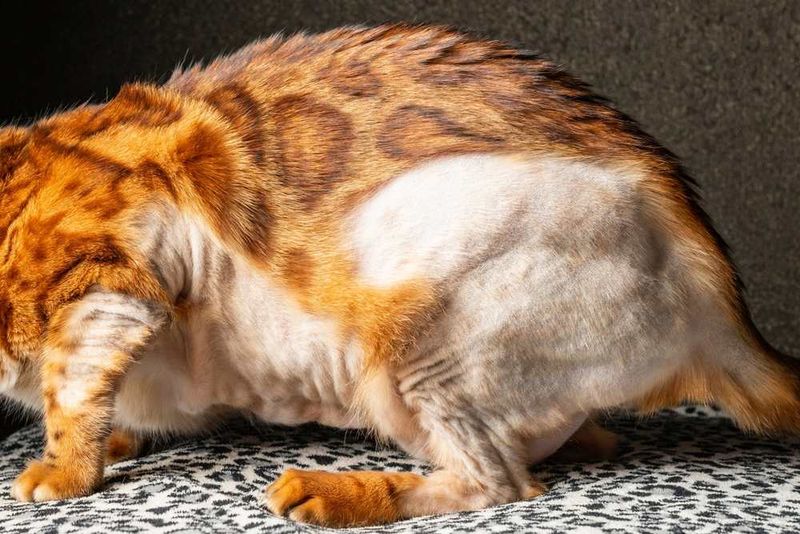
Excessive grooming in one spot can create bald patches and indicates pain, allergies, or stress. Conversely, a previously fastidious feline who stops grooming altogether may be suffering from dental pain or arthritis.
Greasy fur, dandruff, or a matted coat on a once-pristine kitty signals they’re feeling too poorly to maintain themselves. These grooming changes are like neon signs flashing “health problem” to veterinarians.
6. Breathing Pattern Shifts
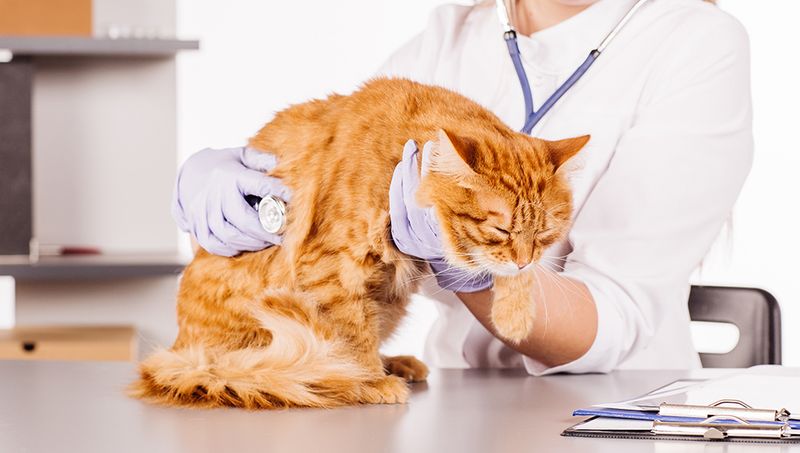
Rapid, shallow breathing or panting in cats is never normal unless they’ve just been playing vigorously. Open-mouth breathing indicates serious respiratory distress requiring emergency care.
Even subtle changes like slightly increased effort when breathing can signal asthma, heart disease, or fluid in the lungs. Watch for belly movements during breathing – healthy cats’ sides should barely move when resting.
7. Appetite Disappearance
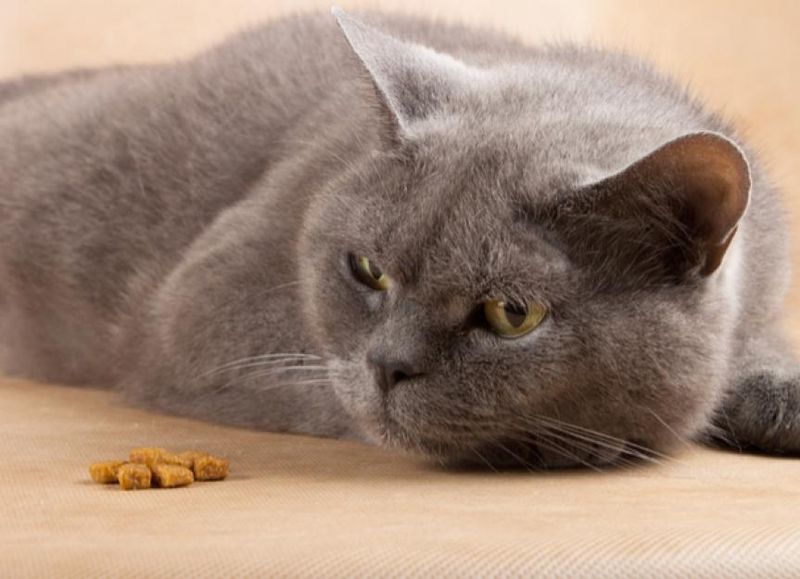
When food-motivated Felix suddenly turns his nose up at dinner, something’s definitely wrong. Appetite loss can indicate everything from dental pain to kidney failure, digestive issues, or cancer.
Even skipping just one meal warrants attention. By the second missed meal, it’s time to call the vet. Cats who stop eating can quickly develop hepatic lipidosis (fatty liver disease), a potentially fatal condition.
8. Head Pressing Behavior
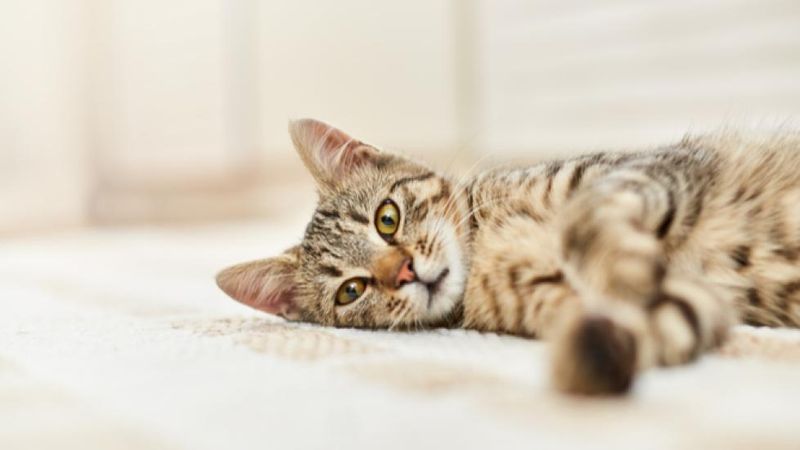
Catching your cat pressing their head against walls or furniture should trigger immediate concern. This strange behavior indicates serious neurological problems like brain tumors, infections, or toxin exposure.
It differs from normal head butting, which is affectionate. Head pressing involves sustained pressure and a disoriented appearance. Never wait to see if this resolves – it’s a true emergency requiring immediate veterinary attention.
9. Unexpected Weight Changes
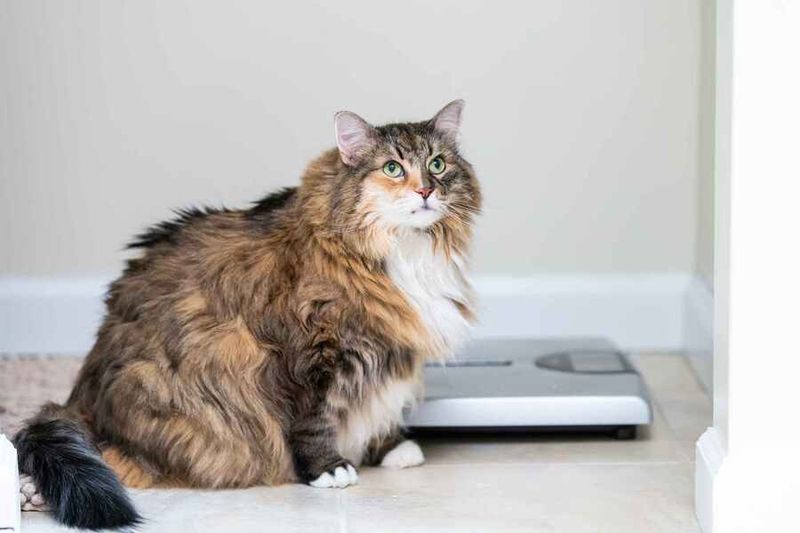
Gradual weight loss despite normal eating habits raises major red flags for vets. Hyperthyroidism, diabetes, intestinal parasites, and cancer all cause weight loss even when appetite seems fine.
Conversely, rapid weight gain without increased food intake could signal fluid retention from heart or kidney disease. Regular weighing helps catch these changes early – aim for monthly weight checks on your bathroom scale.
10. Gait Or Jump Reluctance
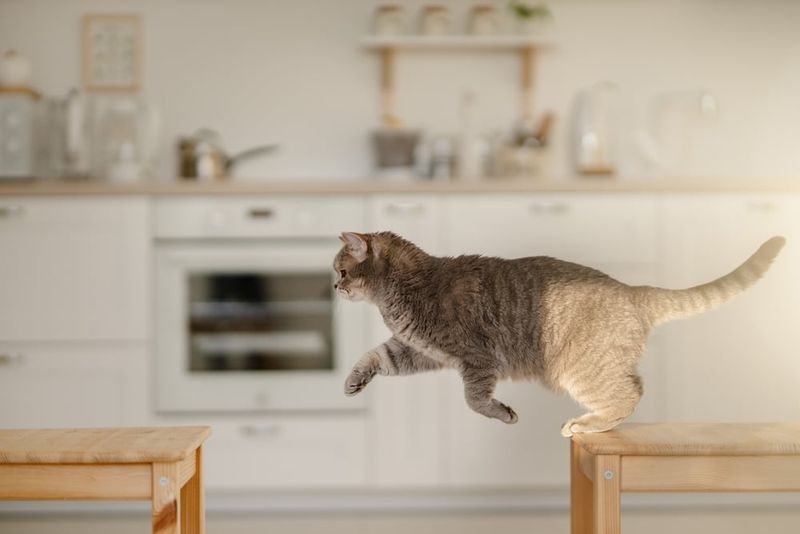
Hesitation before jumping onto favorite perches often precedes obvious limping. Many owners miss this early arthritis sign, attributing it to “just getting older” rather than pain.
Watch for subtle changes like using stairs instead of jumping directly onto counters, or sleeping on the floor instead of climbing to preferred high spots. These behavioral adaptations indicate joint pain that modern veterinary medicine can effectively address.
11. Unusual Posture While Eliminating
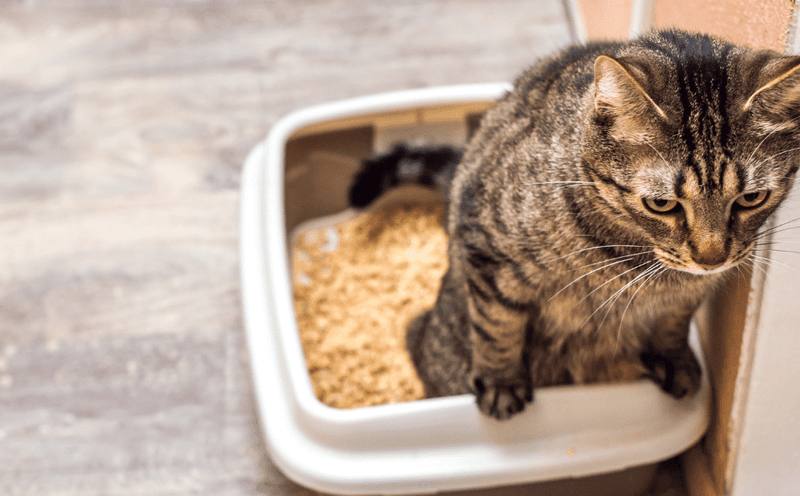
Straining in the litter box but producing little to nothing constitutes a true emergency, especially in male cats. This could indicate a urinary blockage that can become fatal within 24-48 hours.
Crying while defecating, adopting unusual positions, or frequently entering and exiting the box without results all signal pain. Constipation, urinary tract inflammation, and intestinal blockages all cause these concerning posture changes.
12. Facial Expression Changes
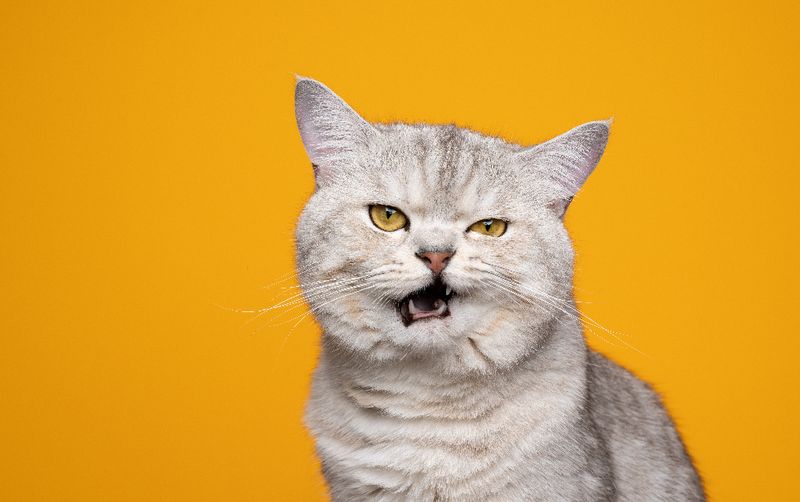
Squinting or keeping one eye partially closed suggests painful eye conditions like corneal ulcers or glaucoma. Dilated pupils in normal lighting can indicate pain or high blood pressure affecting vision.
Subtle changes like a “grimace” with slightly flattened whiskers or tightened facial muscles signal discomfort that owners often miss. Cats evolved to hide pain, but these micro-expressions offer clues to the observant owner.
13. Sleep Pattern Disruption
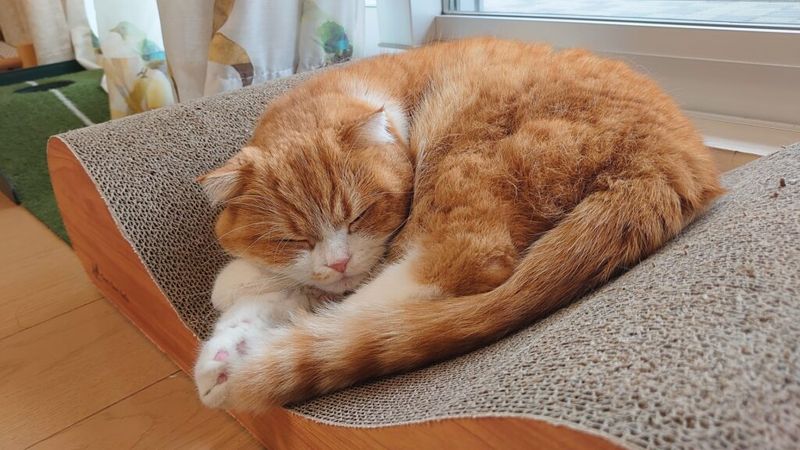
Cats normally sleep 16-20 hours daily, so changes here speak volumes. Sleeping more than usual can indicate illness or pain, while restlessness at night might signal cognitive dysfunction in senior cats.
New sleeping locations, especially cool, hard surfaces like bathroom tiles, may indicate fever or pain. A cat suddenly sleeping hunched rather than stretched out comfortably suggests abdominal discomfort or breathing difficulties requiring prompt assessment.
14. Altered Social Interaction
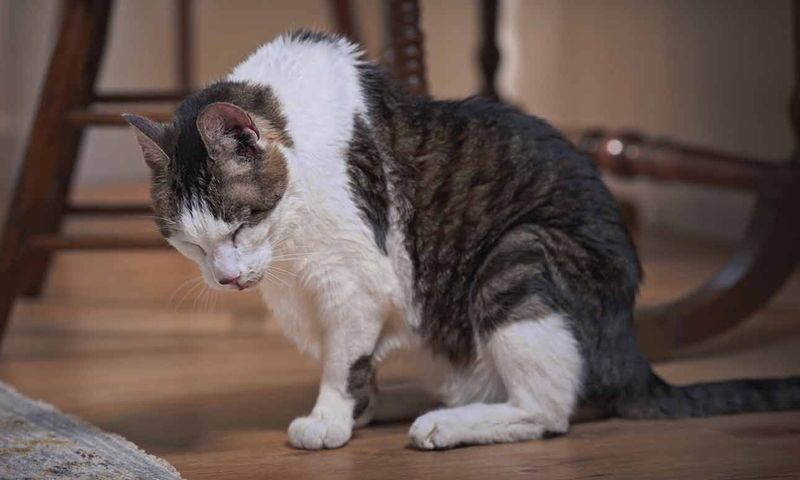
When your lap-loving companion suddenly avoids being touched or held, pain is the likely culprit. Notice which specific areas they protect – belly sensitivity might indicate internal organ issues, while back sensitivity suggests spinal pain.
Formerly independent cats becoming unusually clingy can signal anxiety or illness too. These personality shifts aren’t simply mood changes but important communication from your cat that something physical feels wrong.






